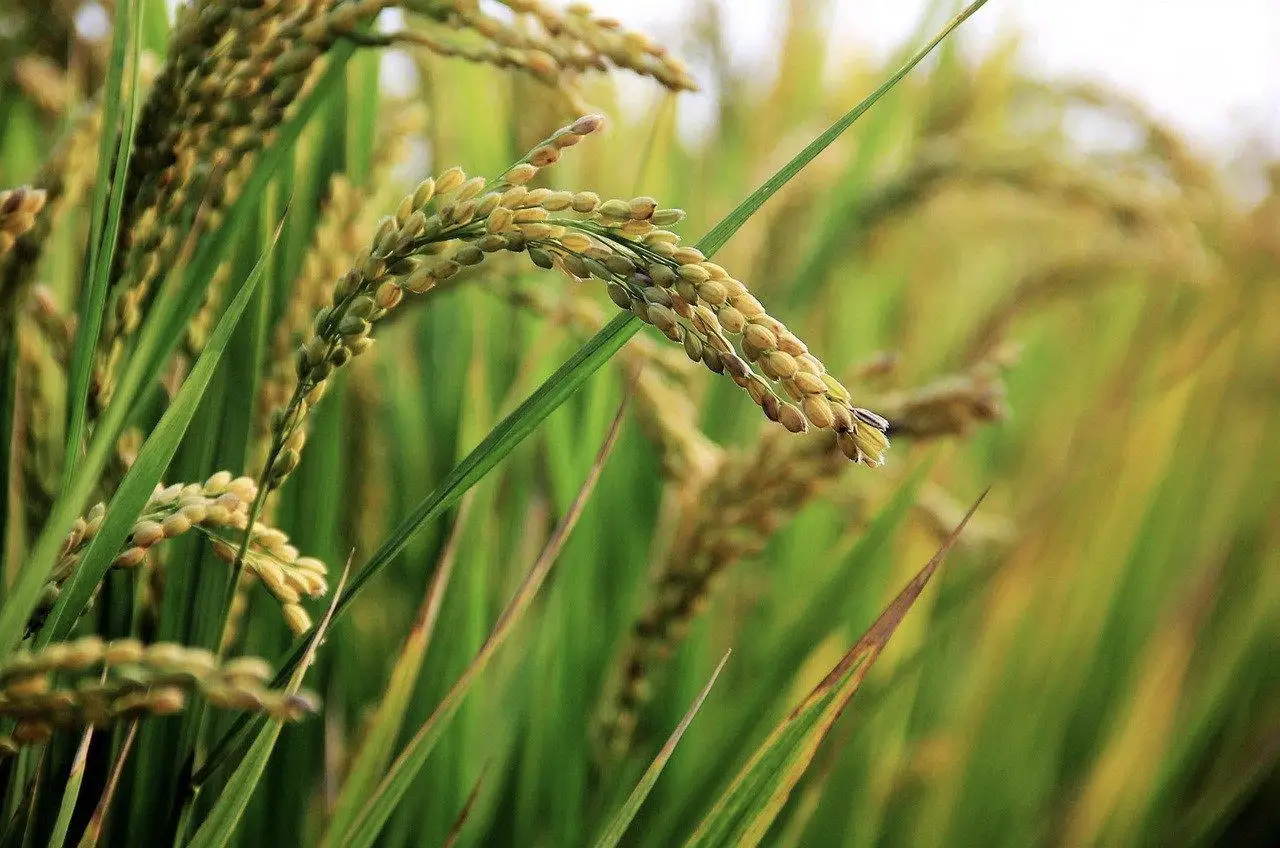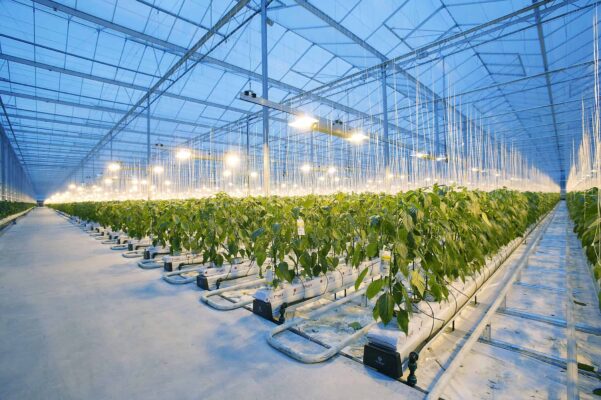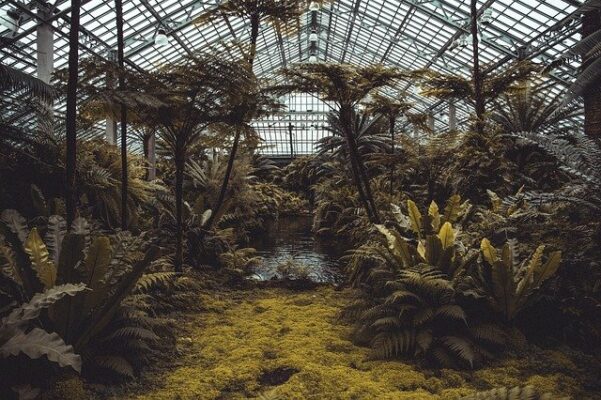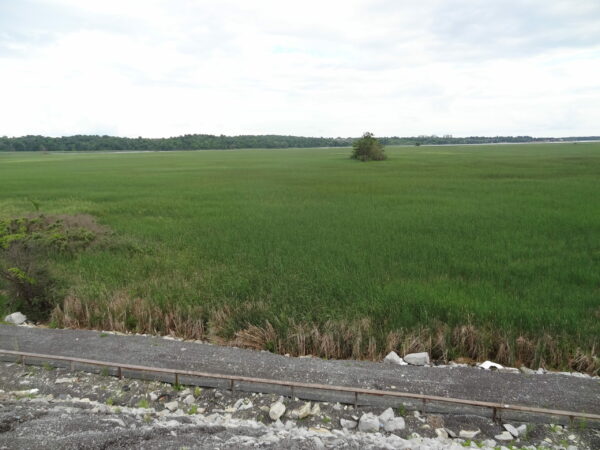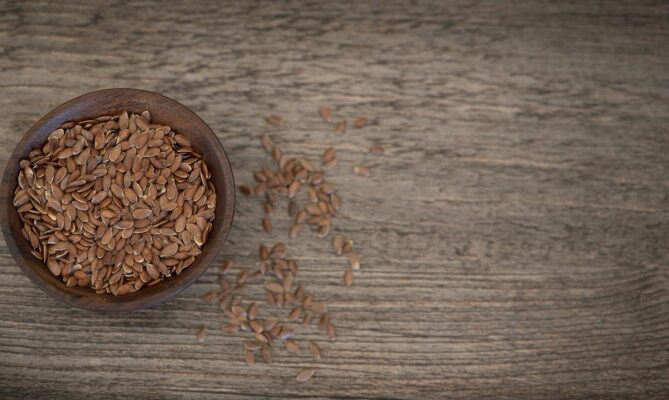
A recent study explored the role of public authorities in pre- and debunking misinformation, finding that source credibility impacts outcomes. For individuals who trust public authorities, their debunks were more effective in reducing misinformation credibility and agreement. However, for those with low trust, public authority debunks backfired, slightly increasing credibility of the misinformation. This highlights the need for tailored communication strategies rather than one-size-fits-all approaches. The study has involved over 5,000 people.


